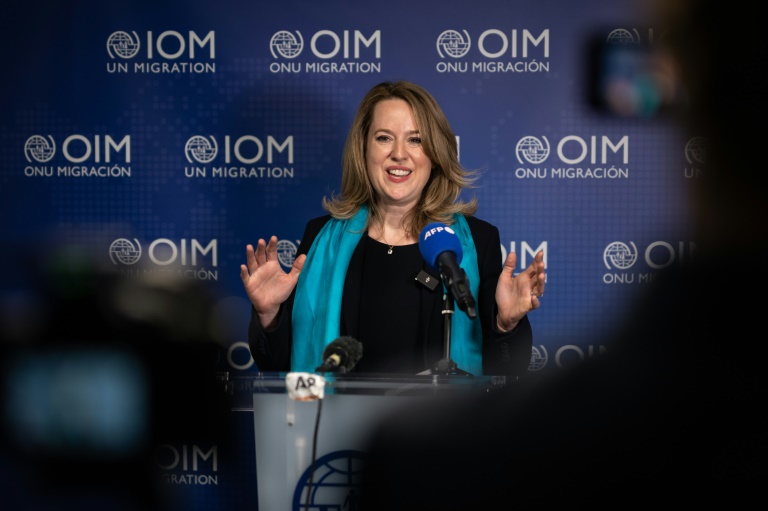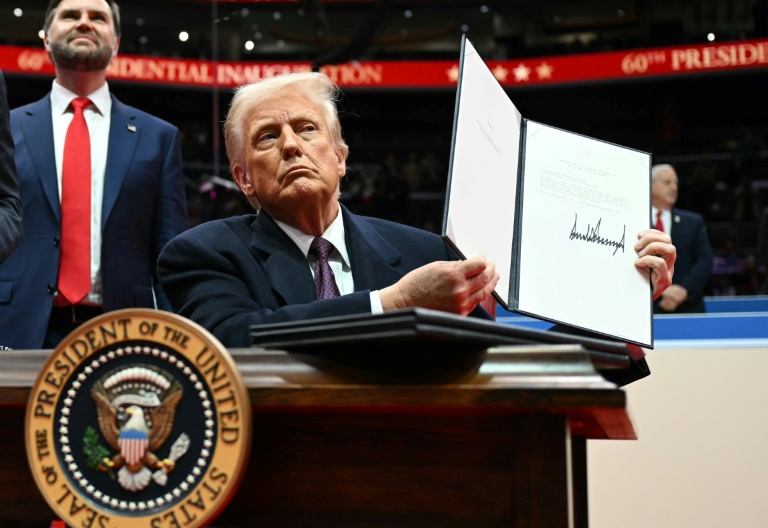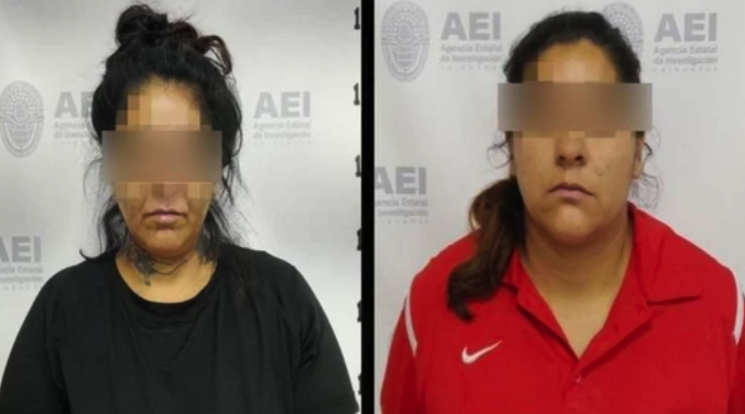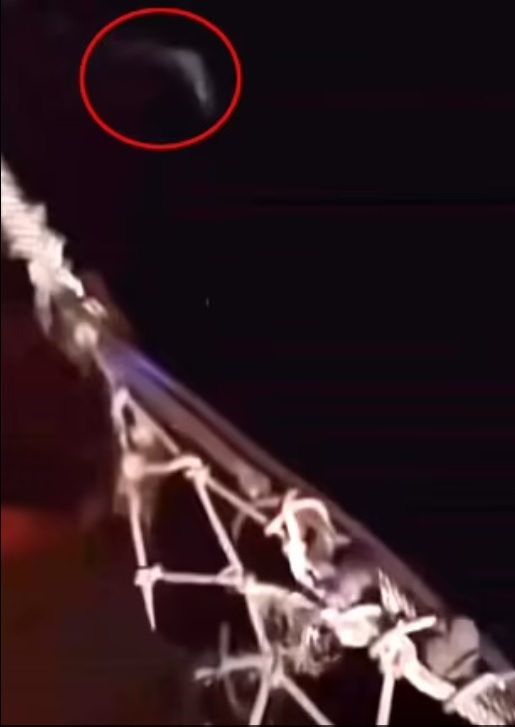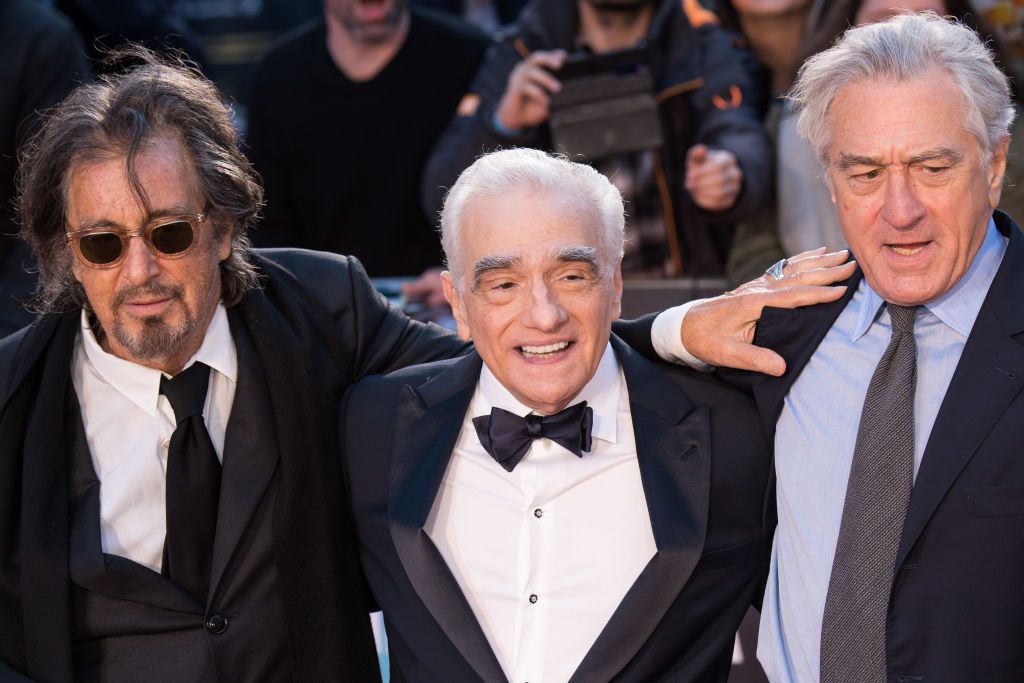AFP
The incoming head of the United Nations’ migration agency decried a tendency to demonise vulnerable migrants for political gain, saying she aimed to help shift the narrative.
Amy Pope, who last month became the first woman elected to head the International Organization for Migration, told AFP in an interview this week she was deeply concerned over the way some countries and groups were “weaponising” migrants to win political points domestically.
A number of countries in Europe are facing criticism for harsh and potentially illegal treatment of migrants, including Britain over its plans to send asylum-seekers to Rwanda, and Greece, where footage published last month appeared to show the forceful expulsion of migrants who were set adrift at sea.
And this week, a group of migrants including women and children, has been stuck on Poland’s border with Belarus, with guards accused of blocking them from seeking asylum.
“What we’ve all seen over the last couple of years is the weaponising of people who are in the most desperate of situations and using their vulnerability as a way to fuel what is often a political conflict,” Pope said when asked about that case.
“As a tactic, I find that deeply troubling because first of all, it’s dehumanising, and I think it ultimately doesn’t lead to a better outcome for anybody.”
Pope, 49, who is due to take over the IOM helm in October, said a “primary concern is that people have the opportunity to make their claims for protection”, and that they are considered fairly and not used as political pawns.
When the current IOM deputy director last month won the leadership contest against her current boss Antonio Vitorino, she vowed to put forward a more positive narrative about migration and emphasise that it is “human beings we’re talking about”.
“We’ve all seen when people recognise the humanity of others, and I think that’s the lesson of Ukraine, they show much more… goodwill and openness,” she said.
Pope sid more needs to be done to show migrants can be the solution, not the problem.
In parallel to warnings of how migration is causing tensions and putting pressure on governments, she pointed out pressures caused by labour shortages.
“This is the sweet spot,” Pope said, suggesting the IOM could help match migrants with opportunities and highlight how “migration is good for economies”.
“It needs to start with recognising what are the labour needs that exist, and then what are the skills that exist,” she said, adding that IOM could help facilitate skills training.
The agency should also encourage governments to create legal pathways enabling migrants with the required skills to step in.
If they do not, she warned, “the demand for labour will fuel irregular migration”.
Pope has said she intends to significantly scale up the IOM’s focus on the impact of climate change on migration.
“Over 300 million people live in extremely climate vulnerable communities,” she said, pointing out that climate change was already forcing people to leave their homes in many places.
Without speedy mitigation measures, “the number of people will only increase”, she said, adding that she wanted to explore “how we engage much more comprehensively on all sides of climate mobility.”
The IOM, she said, should work to identify those most at risk of being displaced due to climate change and engage with them to help boost their resilience.
She said the agency could help build more climate-resistent housing or offer skills training to those whose livelihoods could be at risk.
“We at IOM have the opportunity to look directly at what’s happening in people’s lives now and help them to build a better outcome,” she said.

